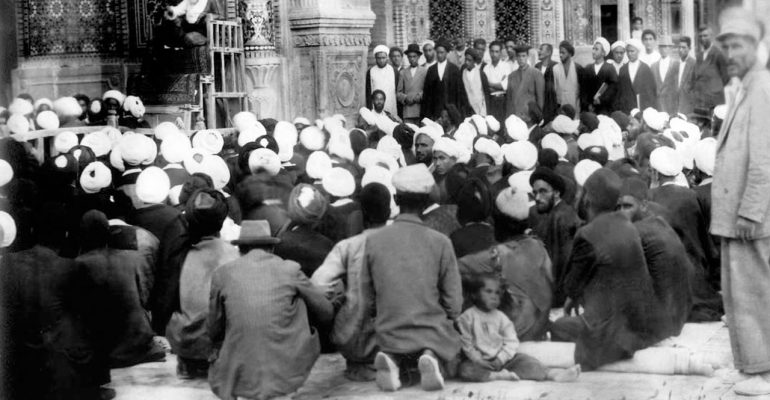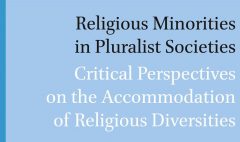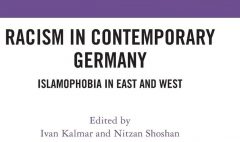From Partial to Complete: Juristic Authority in Twelver Shi‘ism
August 5, 2020 2024-03-17 20:57From Partial to Complete: Juristic Authority in Twelver Shi‘ism

From Partial to Complete: Juristic Authority in Twelver Shi‘ism
Article: “From Partial to Complete: Juristic Authority in Twelver Shi‘ism”
Author: Liyakat Takim
Published in: Journal of South Asian and Middle Eastern Studies, Vol. 43, No. 4 (Summer 2020), pp. 6-27
Publisher: Villanova University
This article will examine the foundations and evolution of this genre of authority and will argue that there was much disputation among the Shi‘i scholars as to the nature and scope of the ‘ulama’s’ authority. It will further demonstrate that the authority of the scholars was asserted and enhanced in response to the changing socio-economic and political milieu of the times.
State patronage and the appropriation of several titles precipitated multivariate forms of juristic authority. After the occultation of the twelfth Imam in 940 C.E., the socio-political environment of the Shi‘i community in Baghdad ameliorated considerably when the Buyids came to power in 945 C.E.. The favorable political conditions enabled the Shi‘i jurists to speculate on the possible genre and extent of authority that they could wield. As, will be demonstrated jurists living in the Safavid (1501-1736) and Qajar (1794-1925) eras were able to assert and expand the scope of their authority to a much greater degree than the Buyid scholars had envisaged. This was, in many cases, in response to the socio-political vicissitudes that later jurists encountered.
![]() Read the full article here.
Read the full article here.
About the Author
Liyakat Takim is Professor, the Sharjah Chair in Global Islam at McMaster University in Canada. He is a prolific writer and speaker he has authored more than one hundred and thirty scholarly works which have been published in various journals, books, and encyclopedia. He has written on a wide range of topics such as reformation in Islam, the role of custom in shaping Islamic law, Islam in the western diaspora, Islamic fundamentalism, Islamic mystical tradition, Islamophobia, the treatment of women in Islam law and many other topics.
Source: JSTOR








